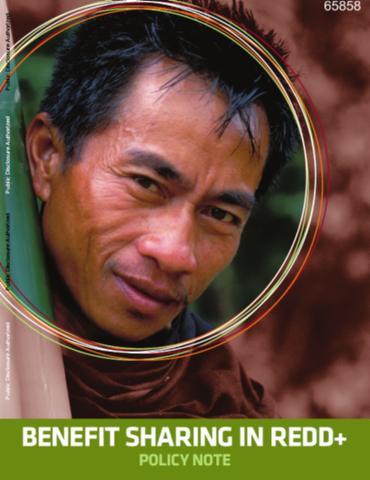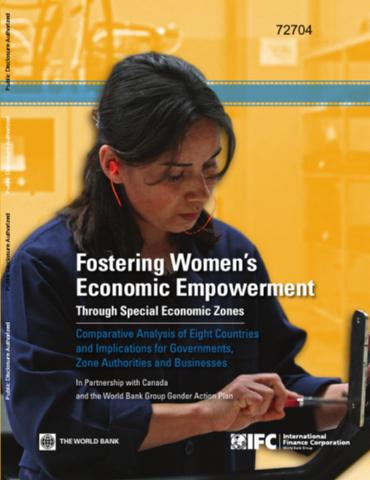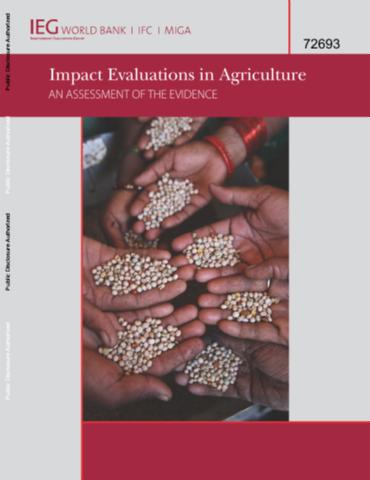Valuating agricultural water use and ecological services in agrarian economies: evidences from eastern India
Agricultural water use in agrarian economies is often state subsidized for the enhancement of agricultural productivity while poverty alleviation is also targeted. The Indian agricultural dependent states offer representative examples of undervalued irrigation services mainly sourced by canal networks. However, the current inefficient operation of canal irrigation systems diverts water demand to private initiatives by significantly increasing economic value of agricultural water.






